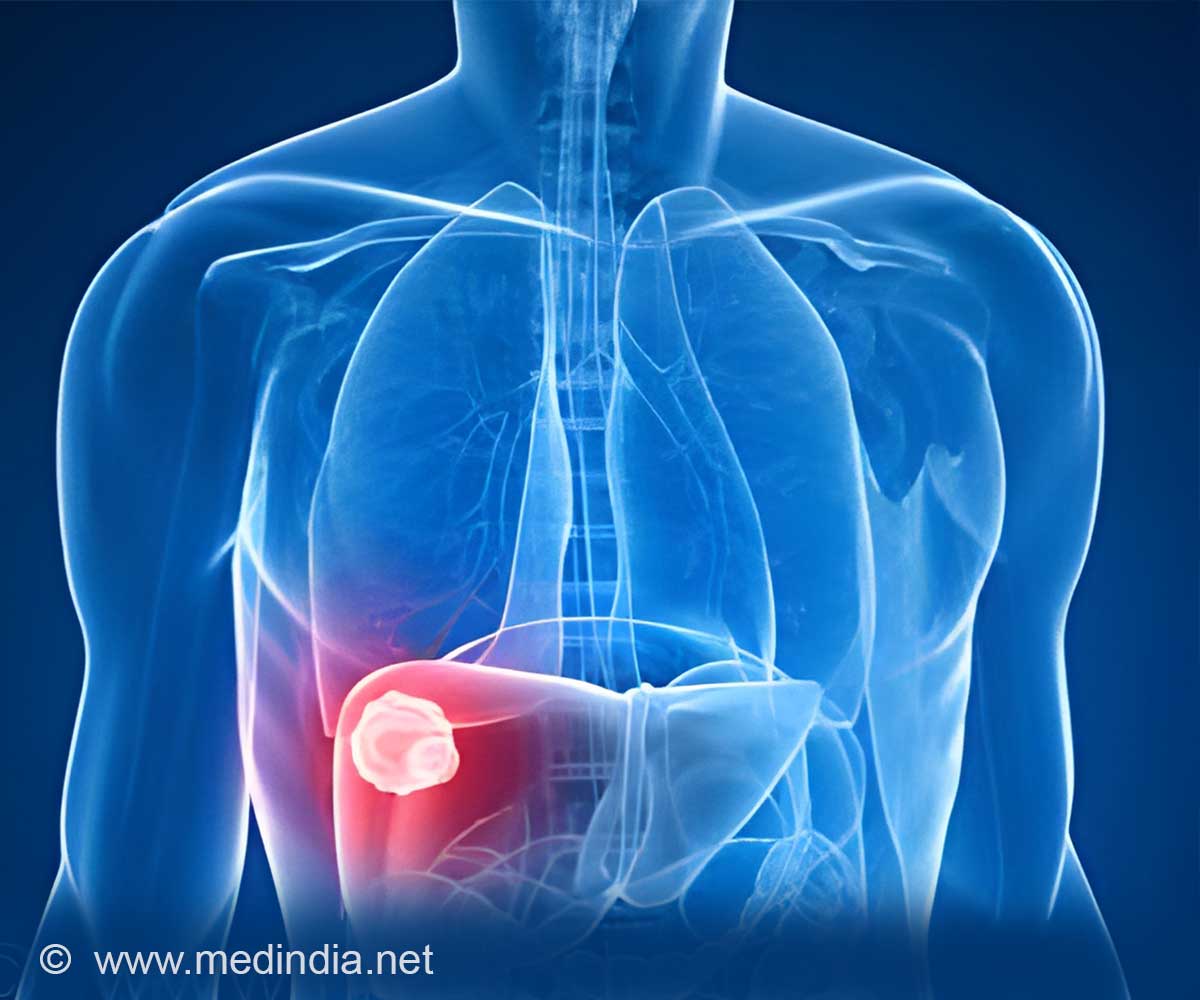The inherited condition, called TULP3-related ciliopathy, causes kidney and liver failure in children and adults.

‘Researchers at Newcastle University in the UK have established the inherited condition, called TULP3-related ciliopathy, that causes kidney and liver failure in children and adults.’





Research published in the American Journal of Human Genetics, has revealed that a faulty gene is a catalyst for increased fibrosis in the liver and kidney, often resulting in the need for a transplant.
TULP3-Related Ciliopathy
"Our finding has a huge implication for better diagnosis and management of kidney and liver disease in some patients," said Prof. John Sayer, Deputy Dean of Clinical Medicine at Newcastle."What we are now able to do is give some patients a precise diagnosis, which allows their treatment to be tailored to their needs for the best possible outcome," Sayer added.
In the study, experts reviewed clinical symptoms and took liver biopsies and genetic sequencing from scores of patients, where a total of 15 patients from eight families were identified as having this new disease.
Urine samples from these patients were used to grow cells in a laboratory and then investigated to determine the precise defect causing TULP3-related ciliopathy.
Over half the patients in the study had a liver or kidney transplant as their condition had deteriorated significantly.
Advertisement
"We were surprised at how many patients we were able to identify with TULP3-related ciliopathy and this would suggest that the condition is prevalent within those with liver and kidney failure," Prof. Sayer said.
Advertisement
"Finding a genetic cause of liver or kidney failure has huge implications for other family members, especially if they are wishing to donate a kidney to the patient."
The team will now work with cell lines taken from patients to study more in detail the disease process and to test potential treatments for TULP3-related ciliopathy.
Source-IANS















